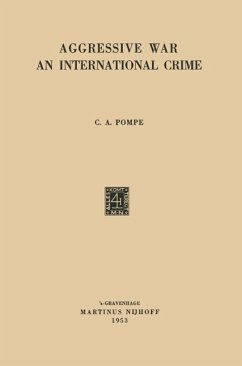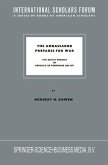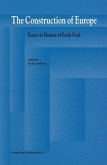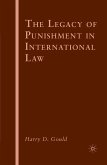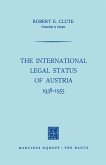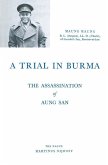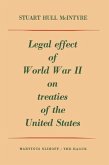Six years after the rendering of the Nuremberg Judgment world conditions are not such as to encourage a study on what constituted its principal innovation in the legal field: the punishment of the authors of aggressive war. The war alliance against the Axis Powers which was the political basis of the Nuremberg Trial and of the United Nation~ Organisation has broken up. Mutual fear, threats and accusations and a gigantic armament race are the dominating factors in international life during the cold war period, and the minds of statesmen, military men and lawyers alike are more preoccupied with the problem of how to win a possible third world war than with that of preventing its occurrence and avoiding responsibility for its outbreak. While the survival of their freedom and civilization is at stake, the nations seem more intent on preparing for what is vaguely and equivocally called 'self-defence' than on accepting and assuring the reign of law. The strain of the protracted struggle in Korea, moreover, seems to turn the first experiment with military sanctions against an aggressor into a classic game of power politics. It is not surprising that in such circumstances little energy is displayed in efforts to implement the principles to which the United Nations pledged themselves in Nuremberg, and that many statesmen and lawyers seem prepared to abandon, at least for the near future, the precedent of the time of alliance, expression of confidence in the victory of law over force.
Dieser Download kann aus rechtlichen Gründen nur mit Rechnungsadresse in A, B, BG, CY, CZ, D, DK, EW, E, FIN, F, GR, HR, H, IRL, I, LT, L, LR, M, NL, PL, P, R, S, SLO, SK ausgeliefert werden.

